Pebble Hills High School Audio Video Production teacher, Benjamin Munguia, who has created The Spartan Times, helps students learn how to cut and edit videos and work the jumbotron at the SISD SAC for Friday night football games. Munguia has always strived to do the things he loves in relation to his love for film, video production and script writing, Munguia strives to continue to build the program to become one of the best in the city.
Q: What do you feel are the benefits of the advancements in technology?
A: When I started here in 2014, YouTube had been around for a while, but it really hadn’t become the cultural phenomenon that it is today, so one of the things that I’ve noticed is how influential YouTube has become in terms of inspiring young people to work in video. The word content creator or YouTuber when I started, it wasn’t really a thing, but after 3-4 years students come into my class and say they want to become a YouTuber. The level of talent students have, could easily translate to a successful channel if they’re willing to put the work into it. The creators we know and love don’t just snap their fingers and create this amazing content, it takes a lot of effort and work, and if students are willing to do that and use the technical skills behind it, there’s no limit to what you can do. I no longer scoff when students say they want to become a YouTuber or creator. I use it as motivation to encourage them to make the best content they can. YouTube has really become the best technological advancement; along with cameras and cell phones. Now-a-days, everyone has an industry-standard quality camera in their pockets. These cameras can create a movie out of it. There was a movie that came out in 2018, by director Steven Soderbergh, and he shot that exclusively on an iPhone 7, and it was released in theaters, it was a big movie and was one of the first major Hollywood productions that were shot exclusively on a cell phone. In the last seven or eight years, the advancements have become so amazing that you could use your phone for everything, the filming, the editing, the sound design. The phone has really become an all-in-one production studio and all sorts of platforms.
Q:In the beginning of the year you did mention that you had produced a movie so, what are some upcoming projects and is there anything you are working on right now?
A: So teaching takes up a lot of my time and effort, it is a calling that you really have to invest yourself in. I do things on the side, I do websites, so I have a side business where I run websites for different people, I also work in event production so my wife and I ,we do quinceañeras and weddings and stuff like that, and just me as a hobby I am always constantly developing movie ideas, and script ideas. My only problem with this is I make the movies in my head for myself, so sometimes I have a problem with staying motivated to actually sit down and write it out, because I watch the movie in my own mind, and it satisfies my urge to create ,even though it is for an audience of one. I keep trying and it’s a thing I have to try hard on to actually encourage myself to share those ideas with people, because the whole point of creating is sharing so if you don’t it, it doesn’t fulfill that creative desire.
Q: So you’ve mentioned you worked on a few independent projects, what is the best part of producing and directing those movies?
A: The best part really is the comradery that you build with your crew, making a movie is like pushing a big boulder up a mountain, you can’t do it by yourself it requires a team effort. When the team or crew comes together and that collaboration is very strong, it makes the whole process like your playing, it’s not even work. The best part is the job you’re doing and getting paid for is just fun ,and you can’t believe that you are getting paid to do it that’s really when you know you are doing something that you are meant to do. It is a cliché but the way people say if you do something you love you never work a day in your life, it’s true and I encourage my students to find that, going to work and hating your job is such a drag and I’ve done that and it’s no way to live your life. You have to find something that you actually enjoy doing and teaching is that for me now, but working with the crew on a common goal is the highlight of my production history.
Q: In college what did you study, did you study audio video?
A: Yes I did, after high school I went and worked immediately at a movie theater, I got promoted to be a manager pretty fast so I did that for about five years. I didn’t go to school. I then realized the level of advancement wasn’t very high, so I decided I needed to go back to school, so I went back to EPCC, I’m one class away from an associates’ in radio television film, but I transferred to NMSU, and I studied digital film making. They have a program called the Creative Media Institute, it opened in 2007 or so, and I was the second class that graduated from CMI, and I studied digital film making with an emphasis on screen writing and cinematography. I was a bit of an older student because I graduated college when I was 30, but I feel like it was a good investment in time because when I went back to school, I was ready to go. I feel like if I had gone straight out of college maybe I wouldn’t have made the most of it ,but when I went back later as an adult I really put in a lot of effort. I graduated with a 4.0 average and high honors so I was really in it to maximize my time in college so, sometimes I tell my students too “hey you know what you don’t have to go to college right away, you can work and do other things,” but it should be something that most people try to achieve because it is gonna increase your income level.
Q: Is there a philosophy or teaching style that you like to live by for your students?
A: Yeah absolutely, I like answering this question, every morning I meditate, not for long for about 10 minutes or so, and I have a mantra that’s basically like 4 pillars that I try to focus on. Compassion, try to be compassionate with your students, try to understand they have lives outside of your class, and if there’s a way that you can try to connect with them on a real personal level so that they know that there’s an adult in the world who actually cares about them. Respect, just treating every student with respect as if they were your own kid or an adult, that goes a long way because a lot of students sometimes feel a bit demeaned because they are in that student role so just helping them realize that you do need to be respectful with the people you interact with. Understanding, I really try to listen to my kids when they have concerns. Meaning when a kid comes to me, even if it sounds like an excuse, give them the benefit of the doubt so that you can let the student know that I’m trying to understand where you are coming from even though I’m a much older person, I can still relate to some of the things they are talking to me about. Patience is really one of the most important things, it is my foundation in life, just in everything I do because without patience everything to me will just crumble. If you don’t have patience for yourself, the process, the people you work with, the environment that you’re in, frankly we are working with teenagers which requires a fair amount of patience, you are gonna have a bad time. Those are my four pillars that I mantra and I repeat to myself every morning so I am in a good frame of mind before I come to school.

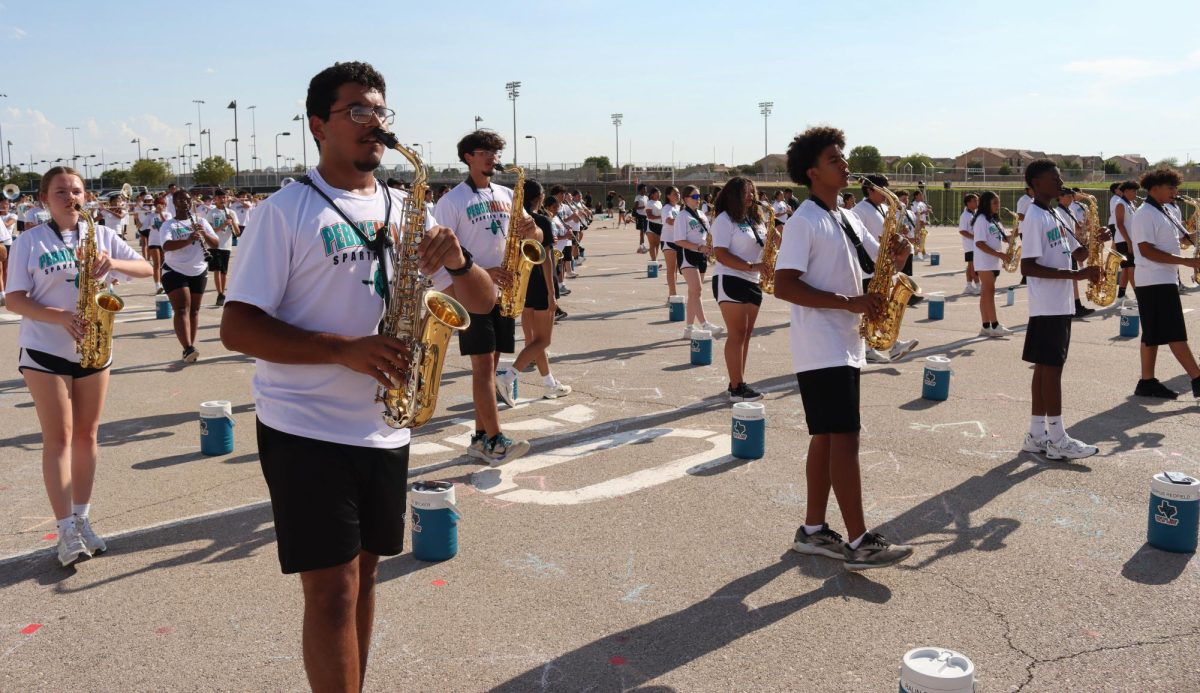
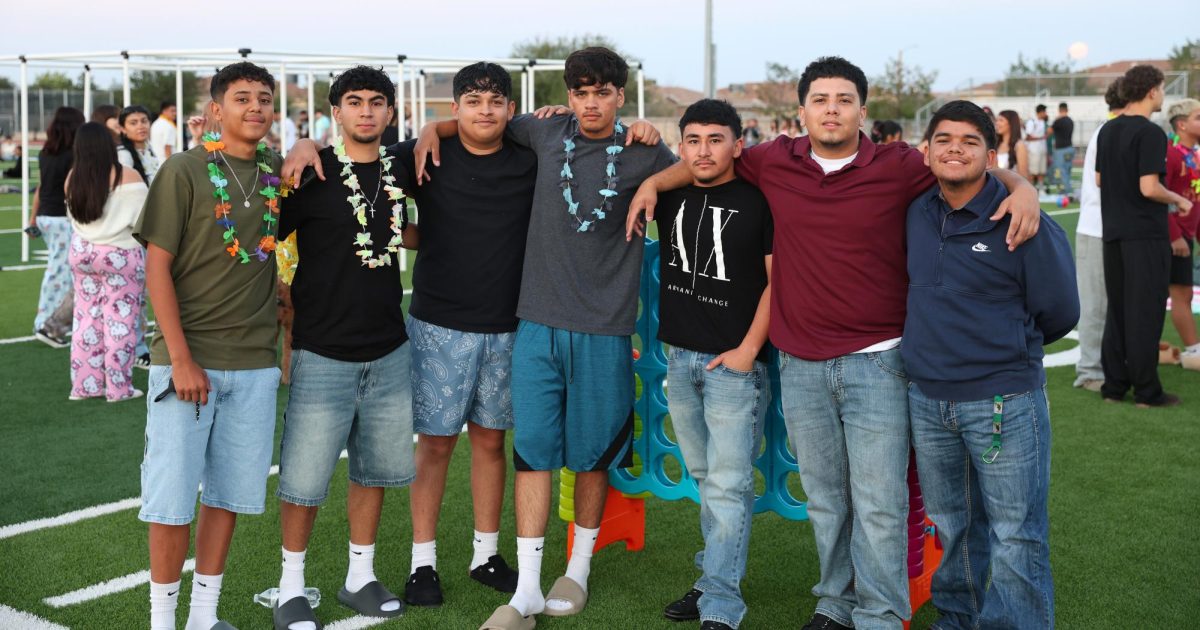

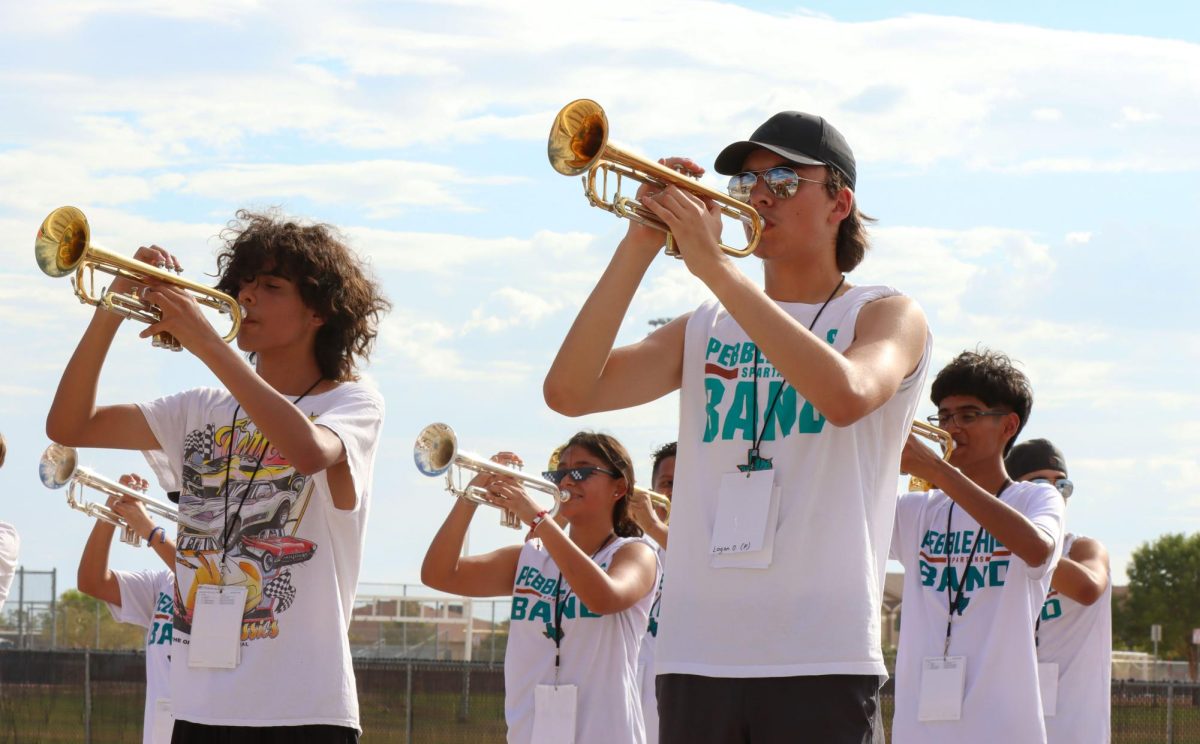
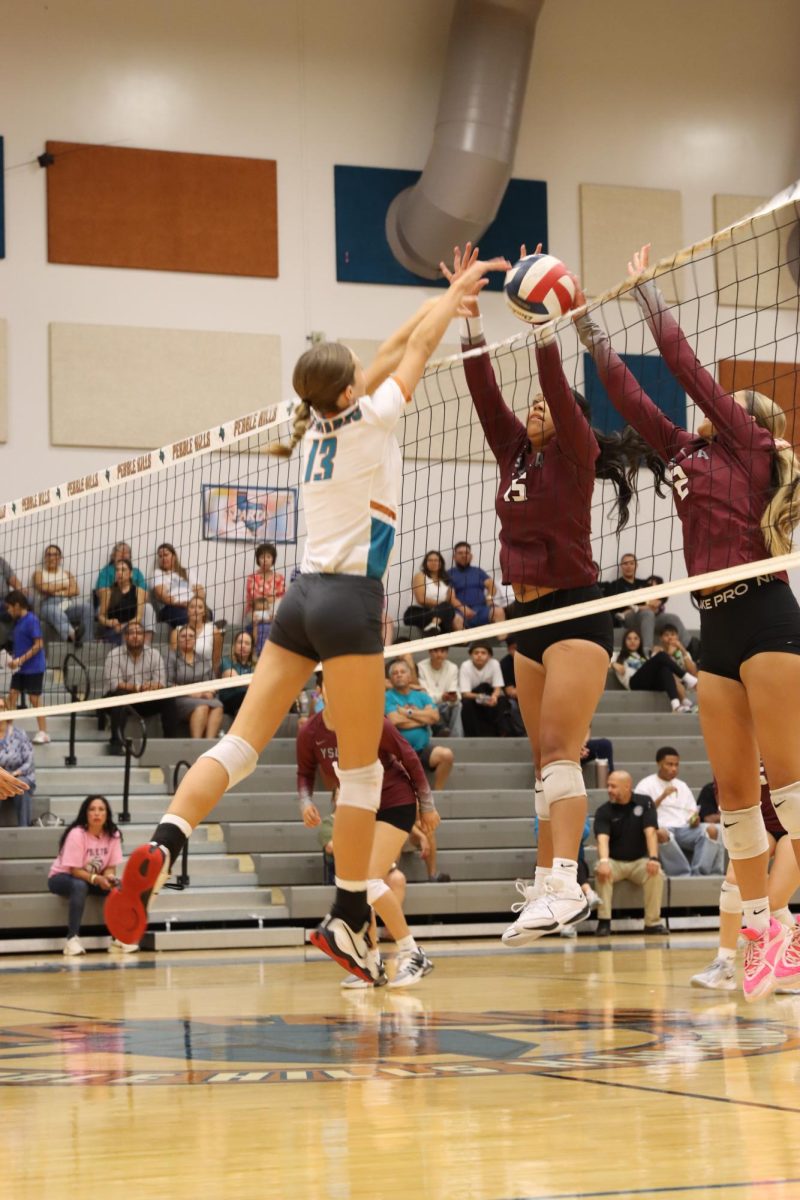
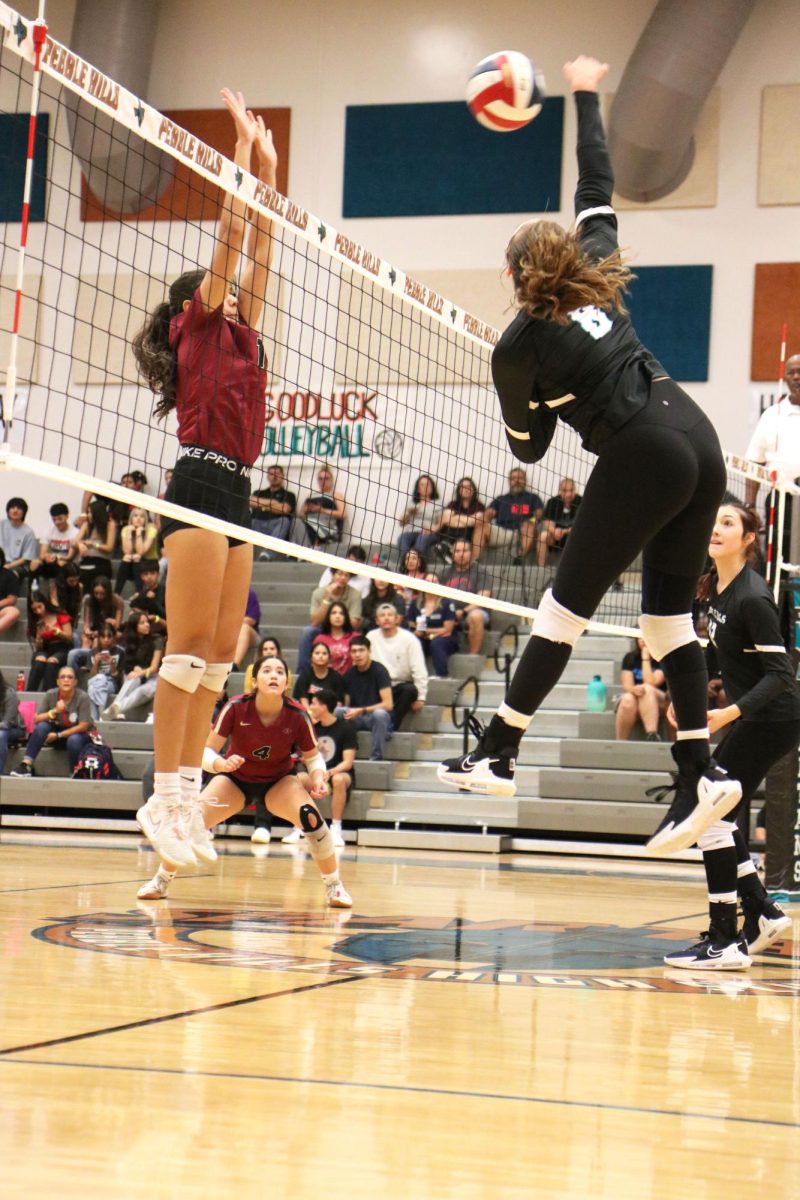
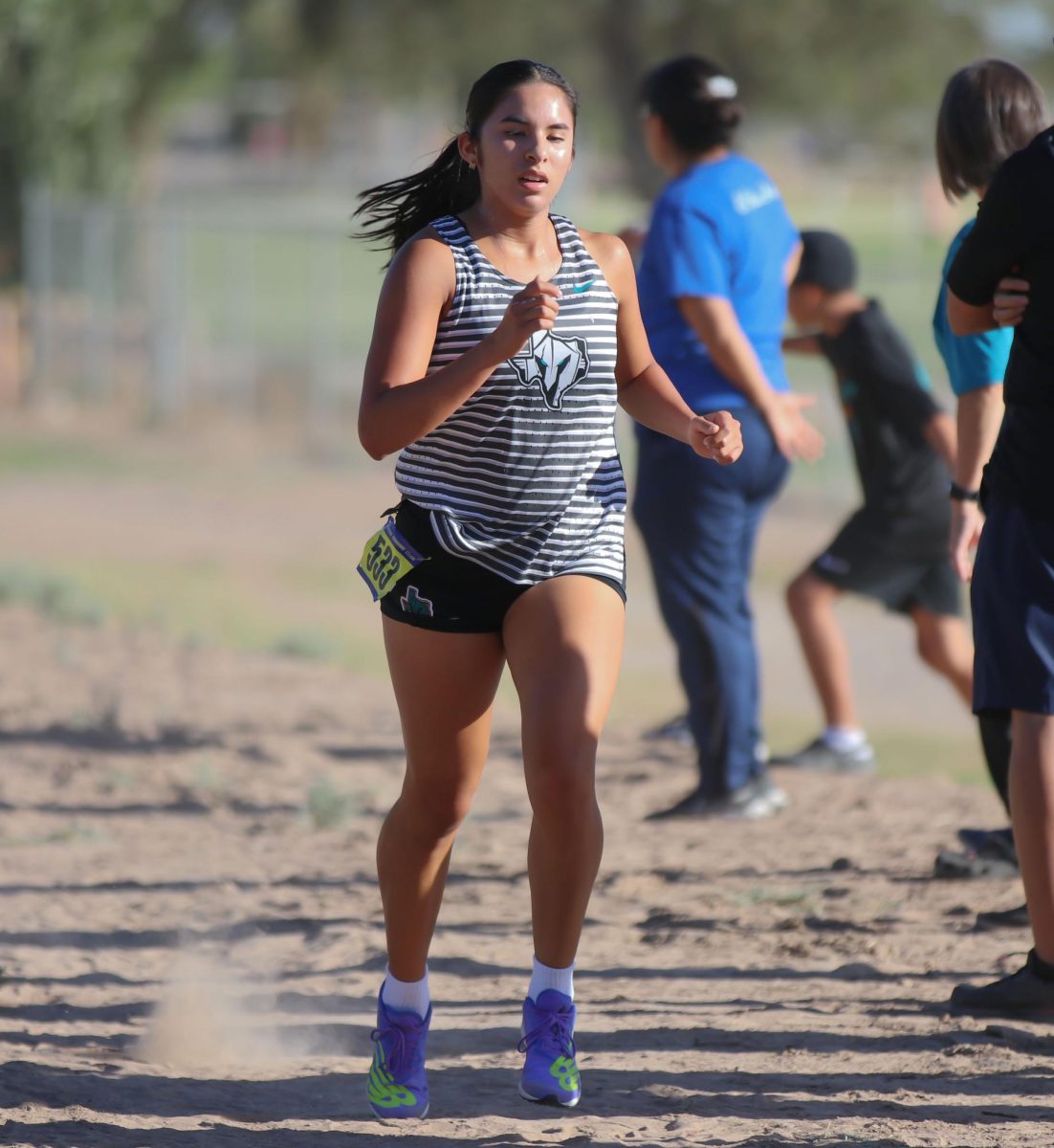
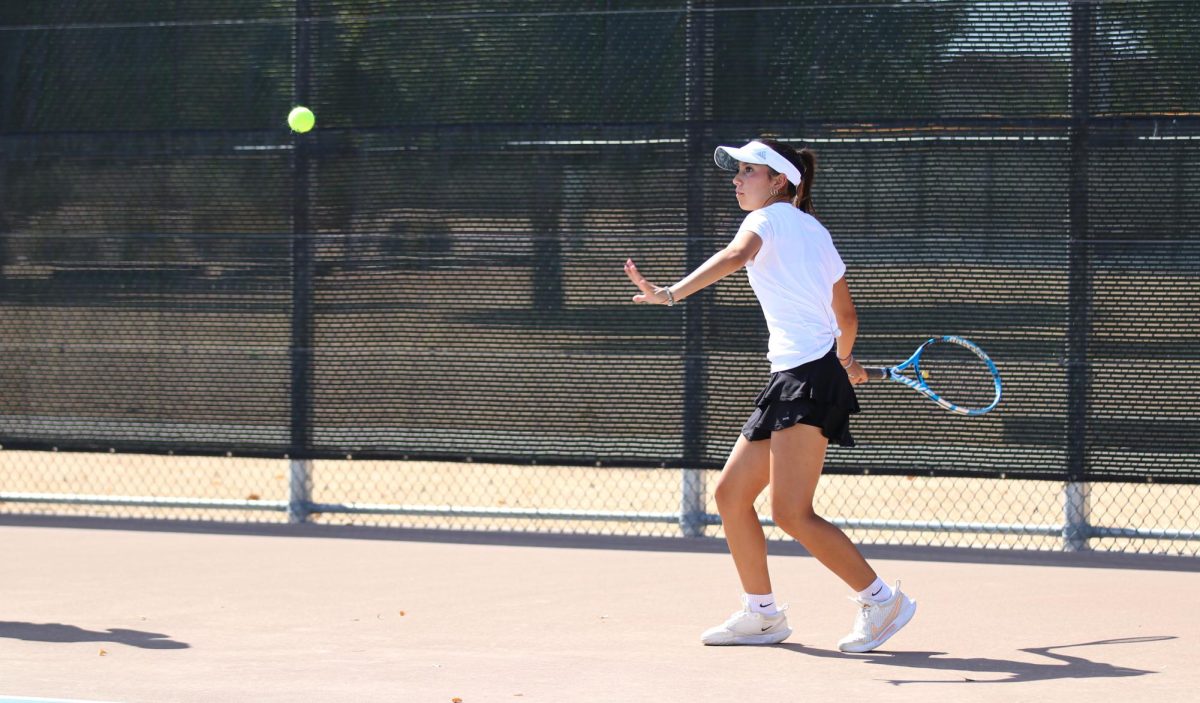
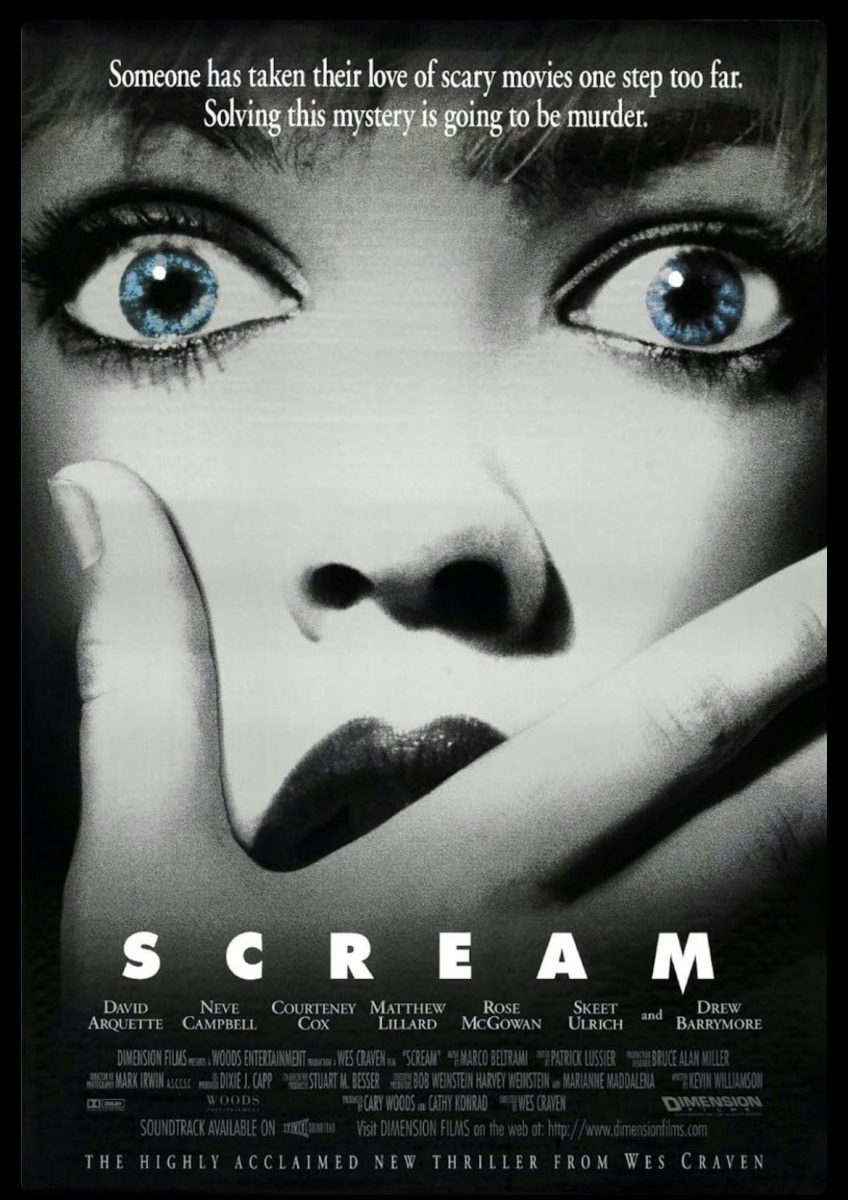
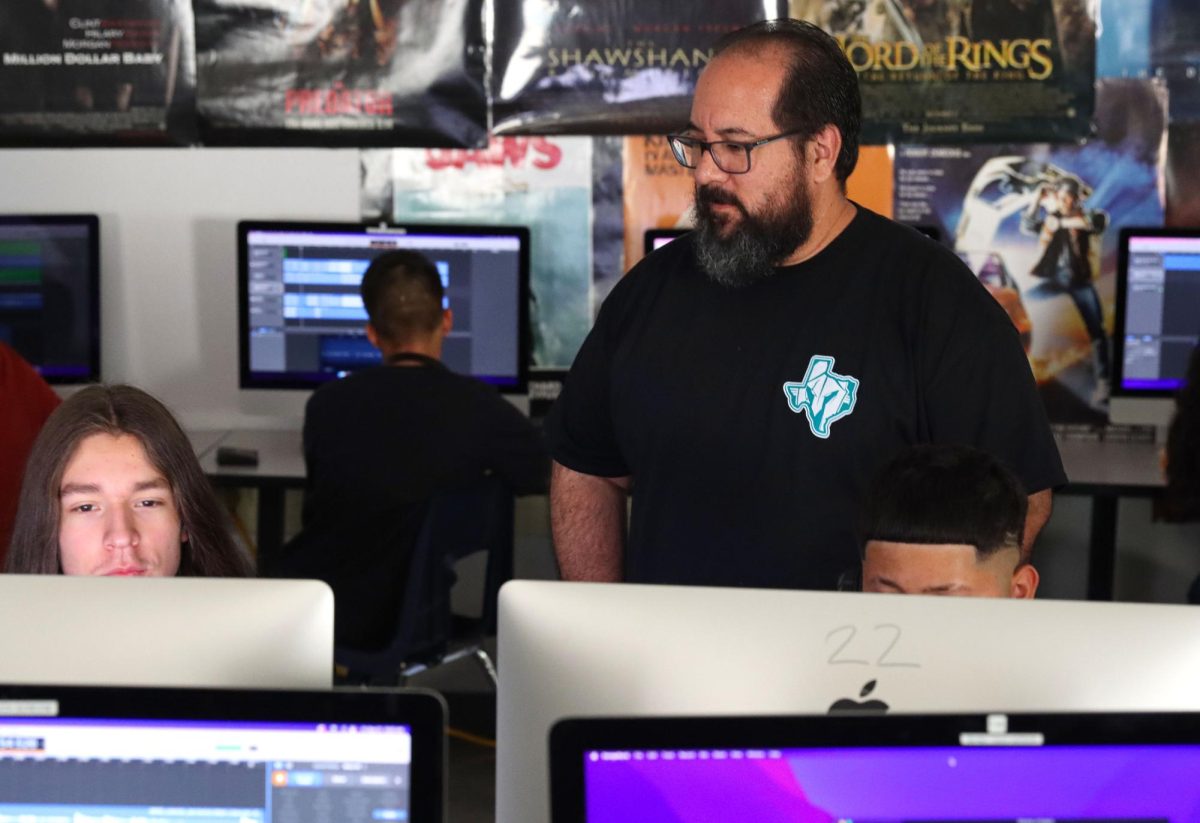



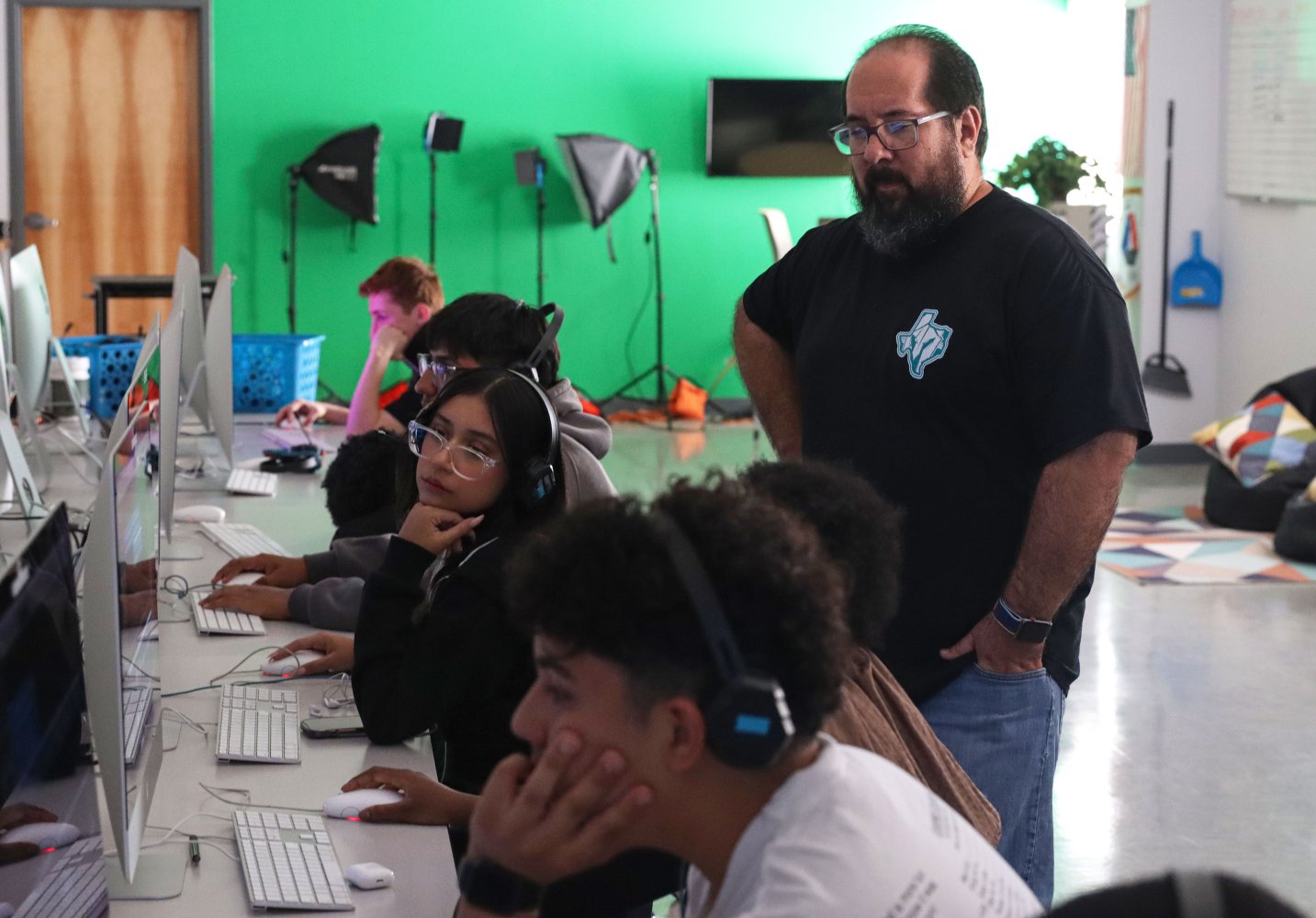
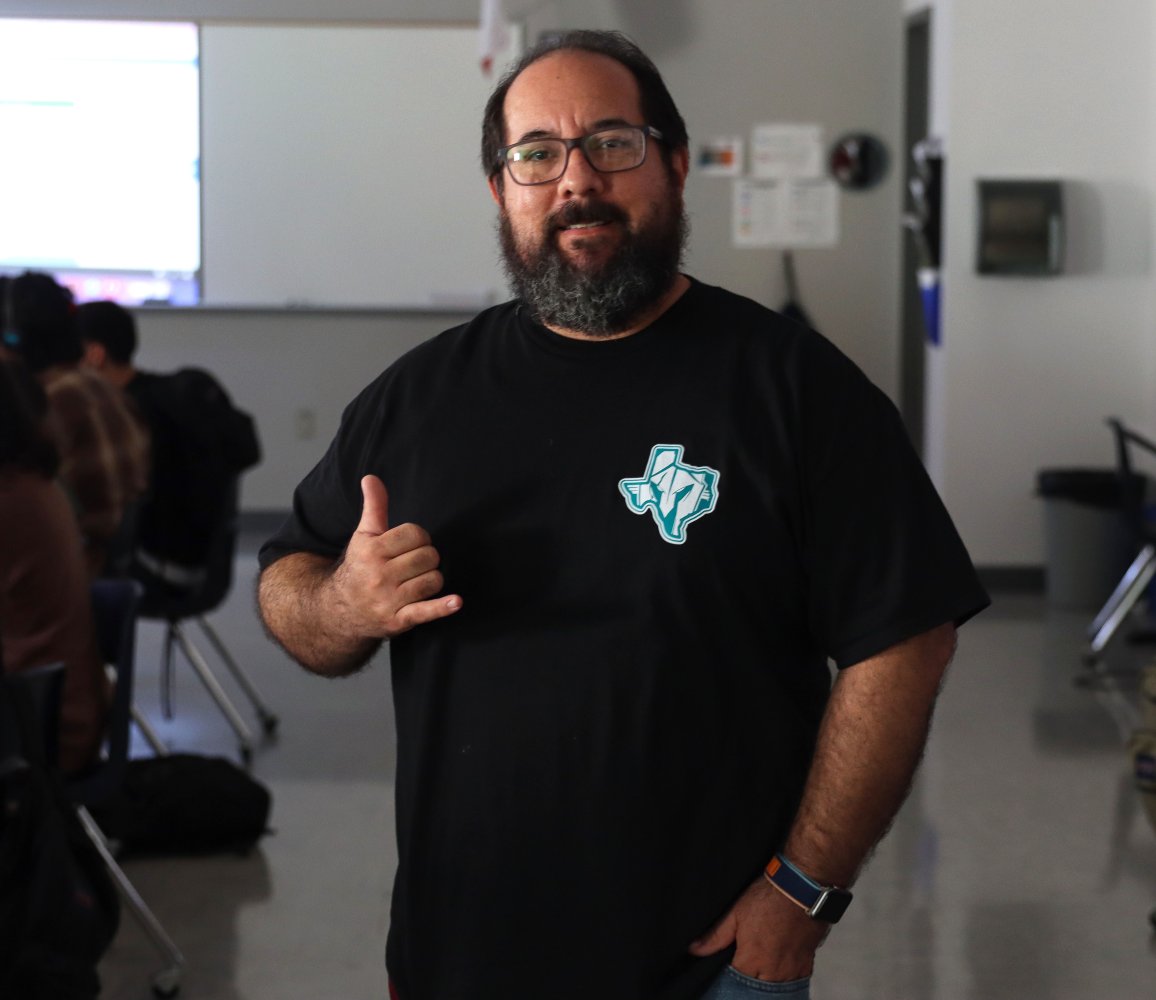
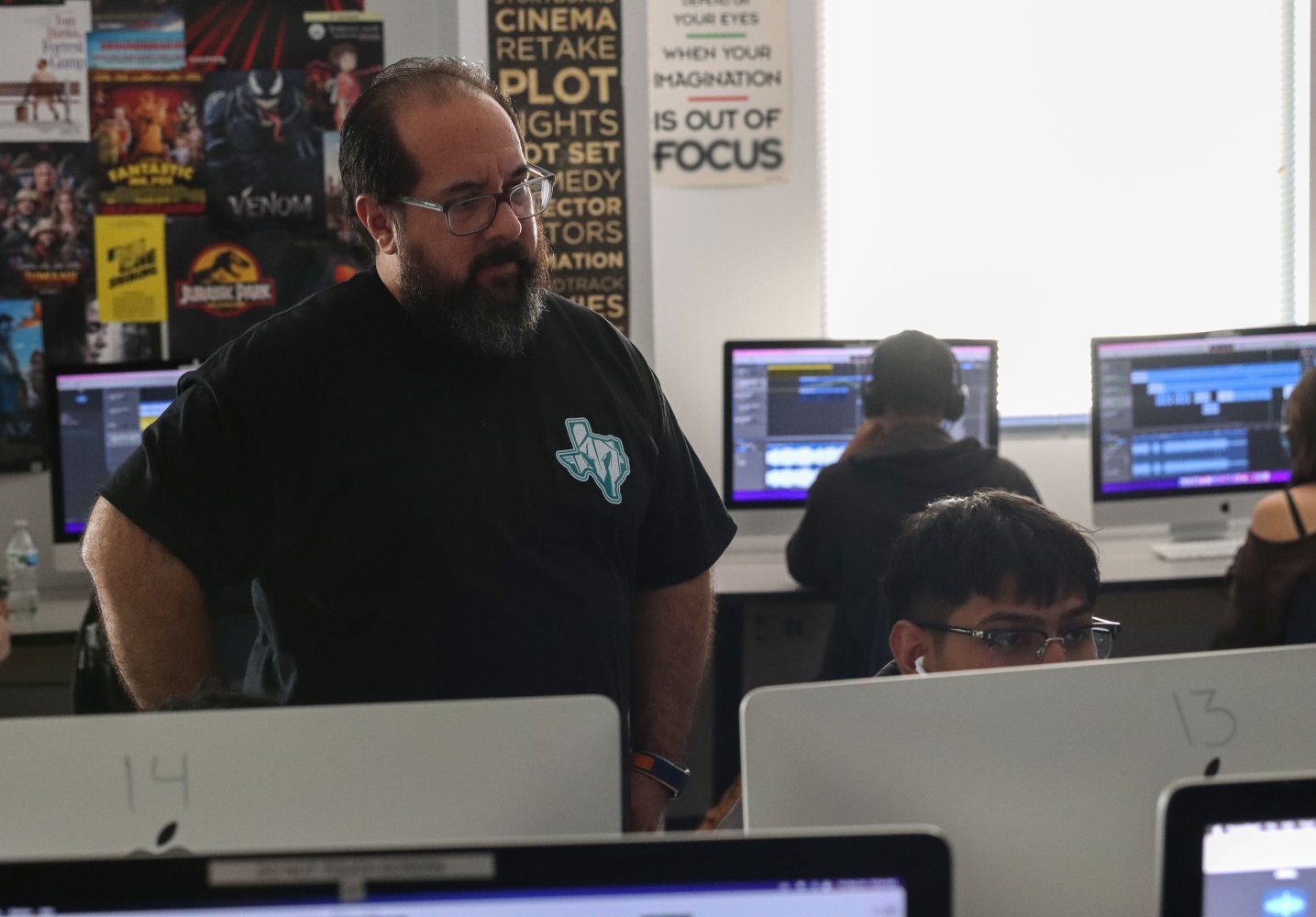
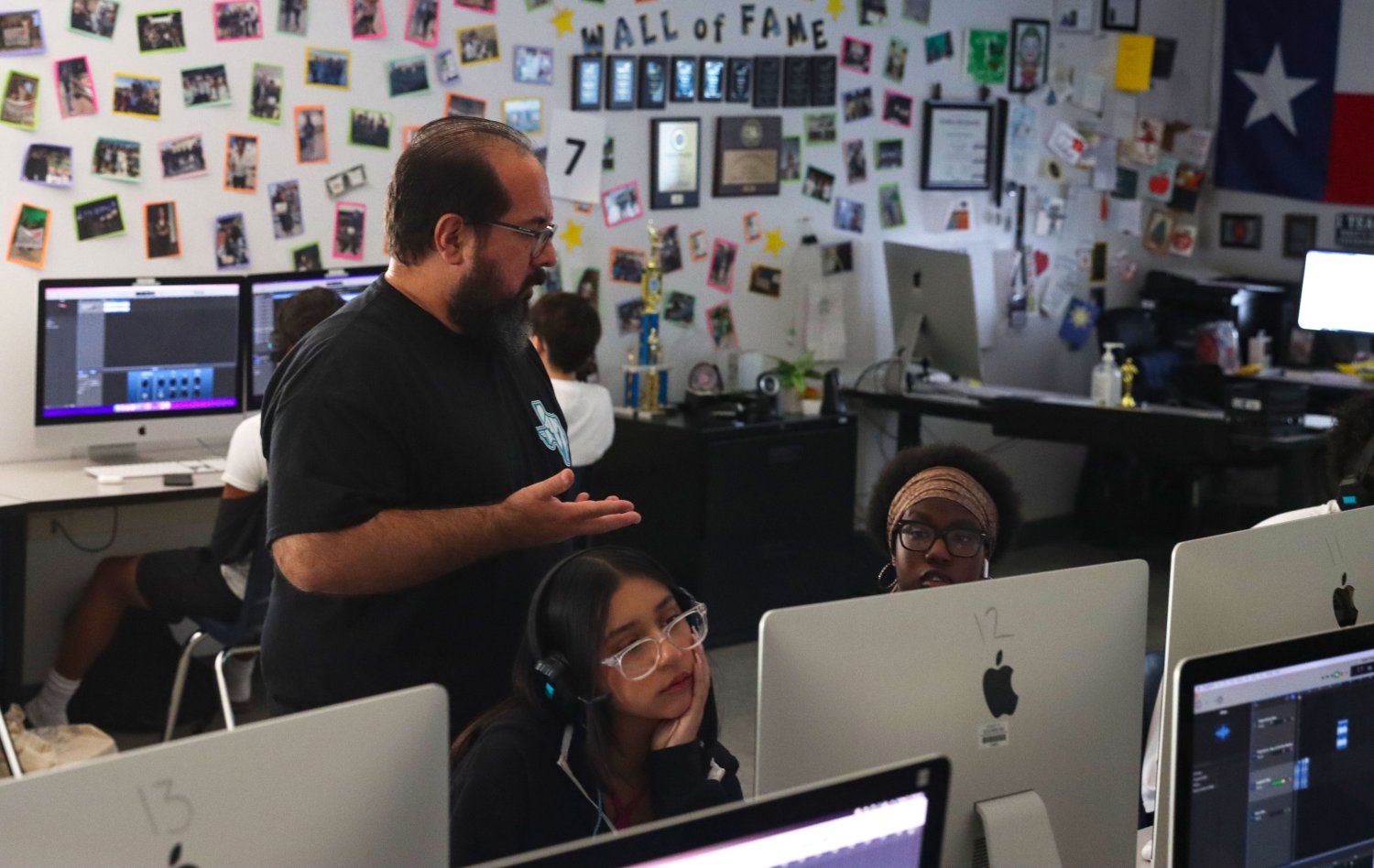
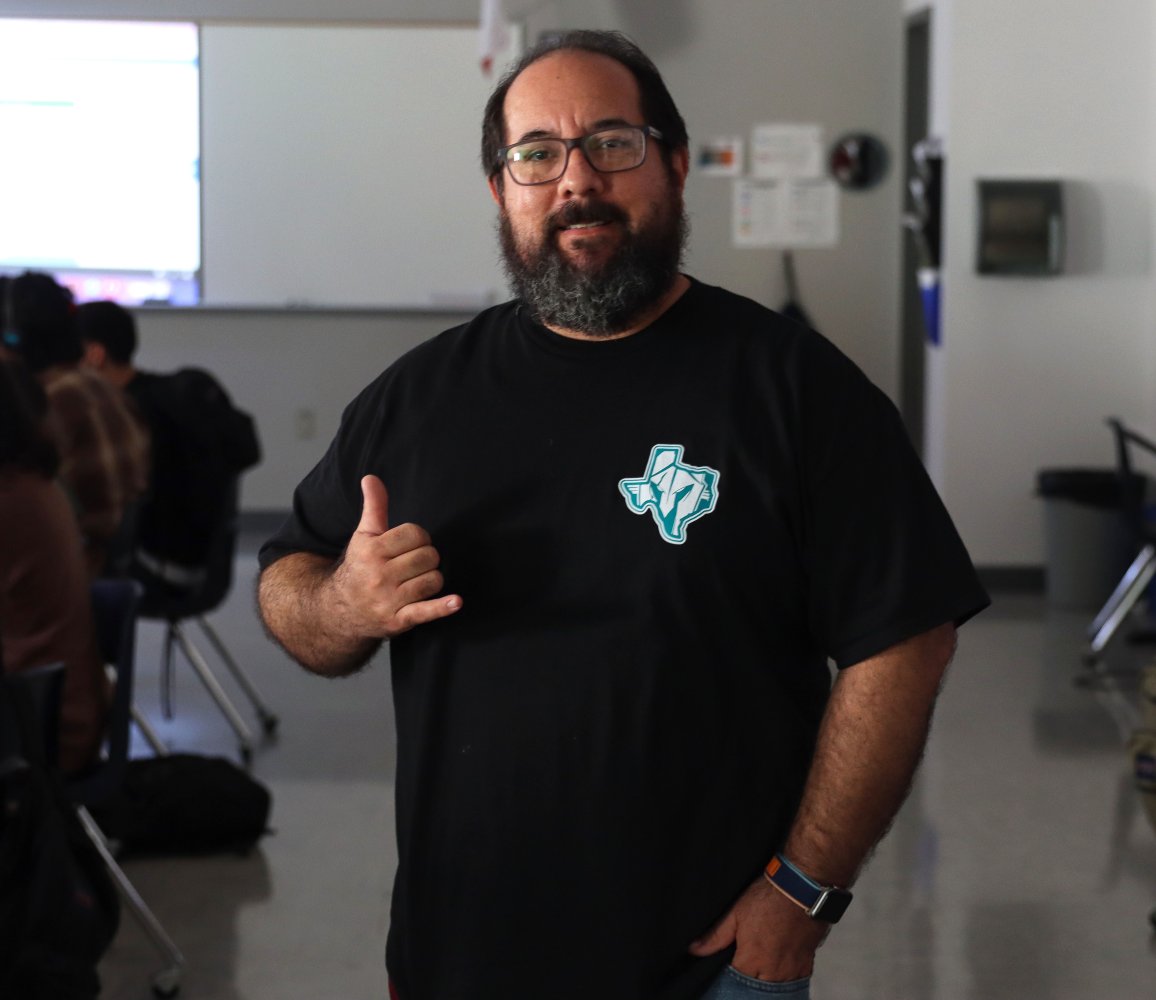
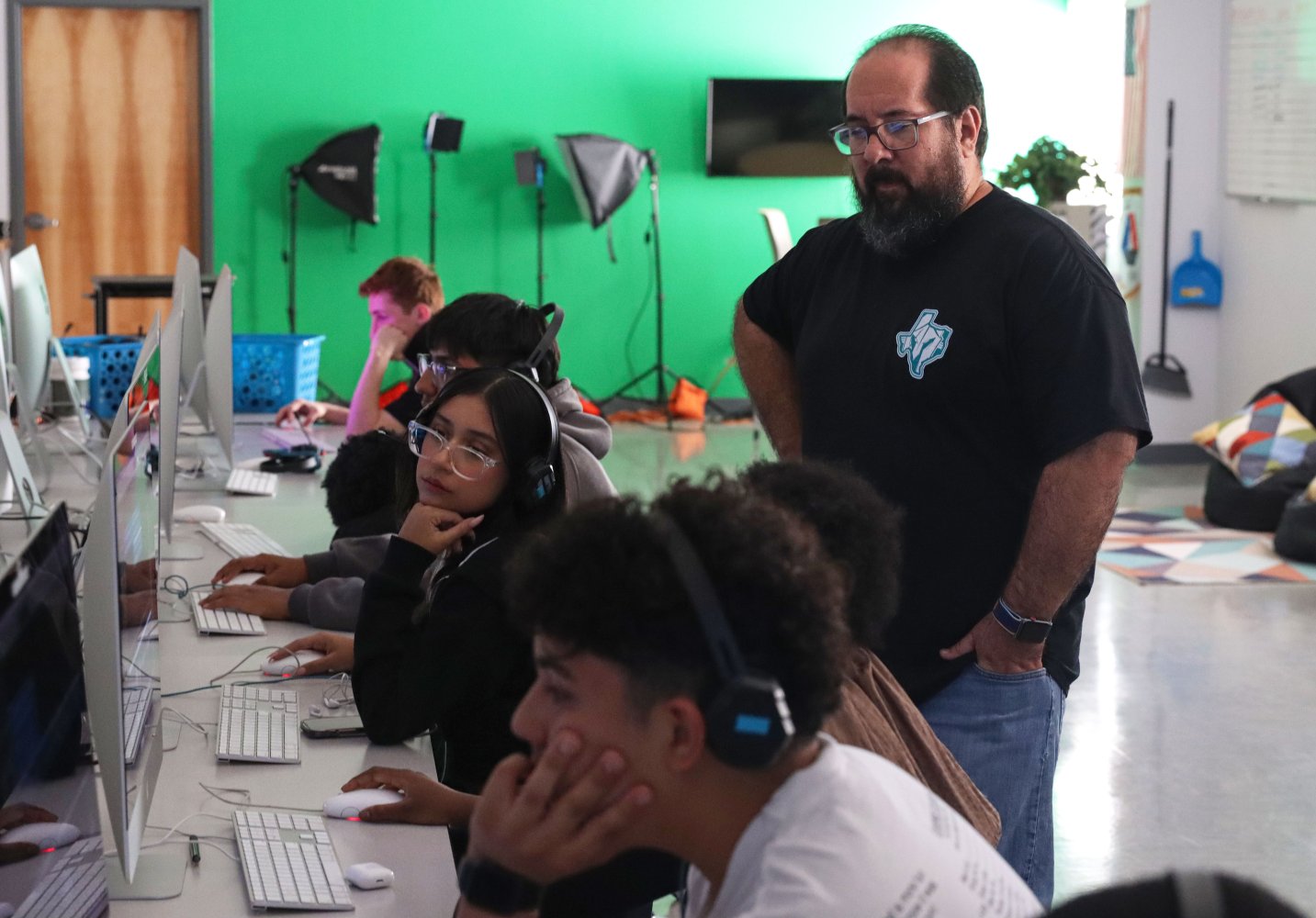
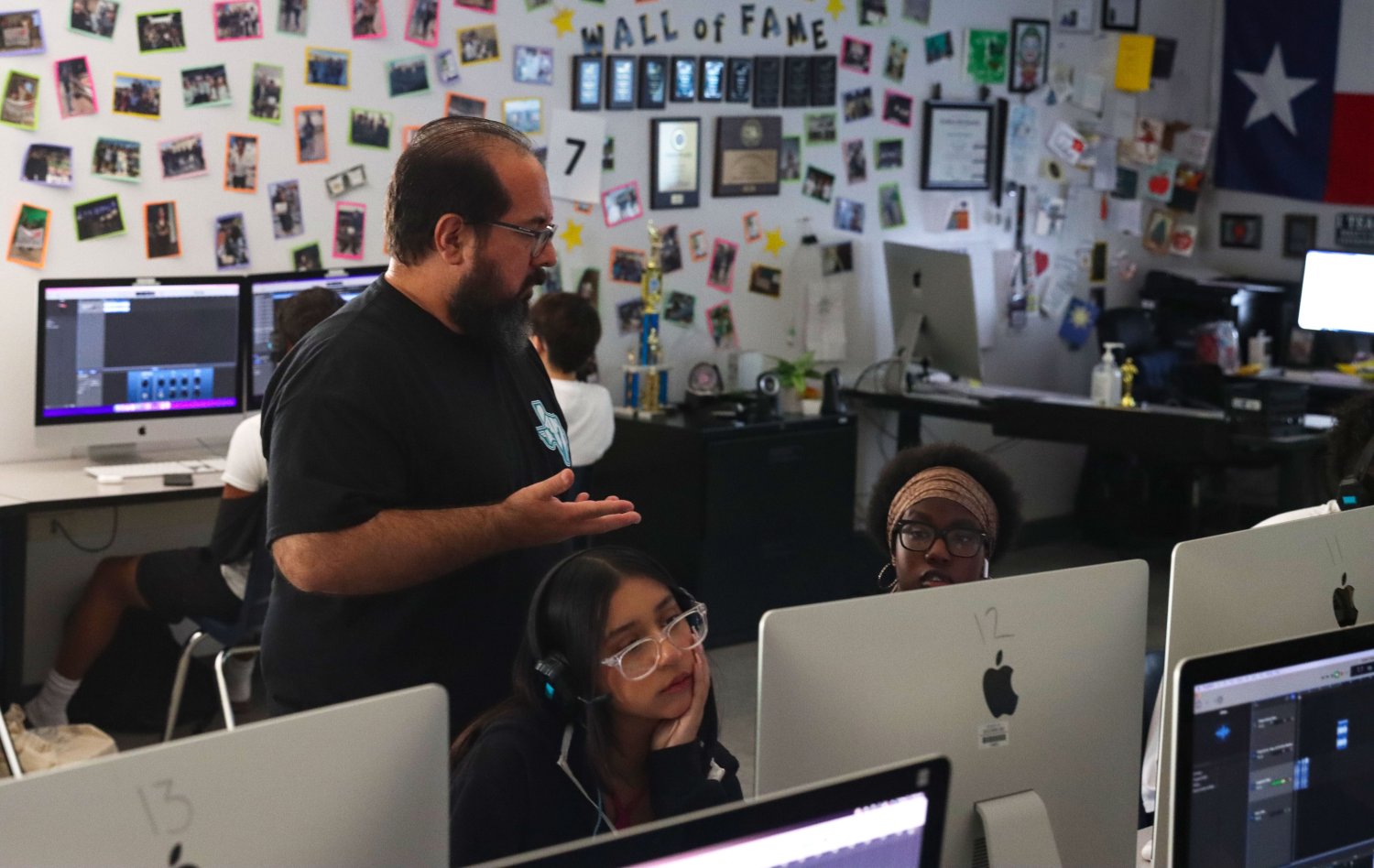
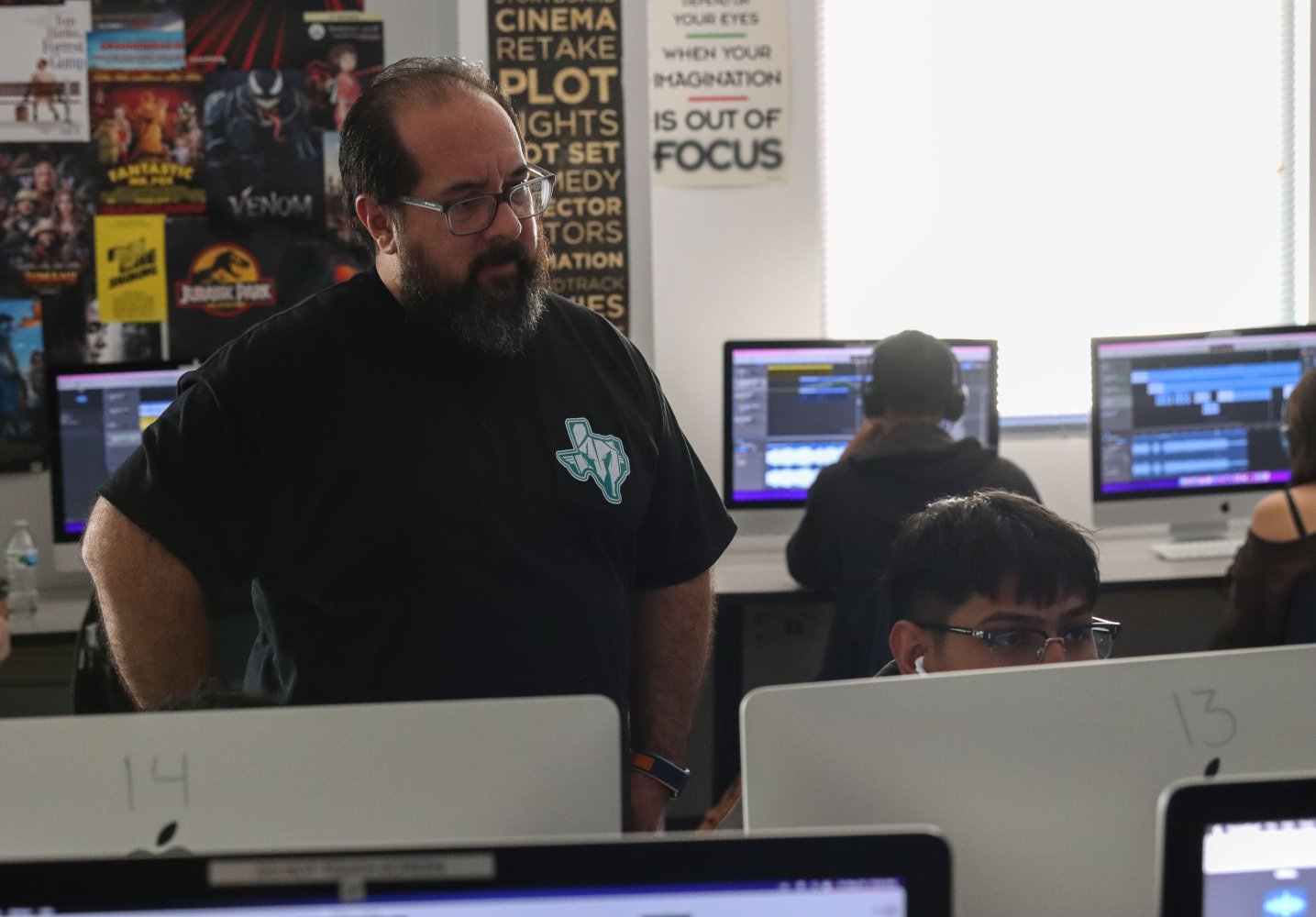
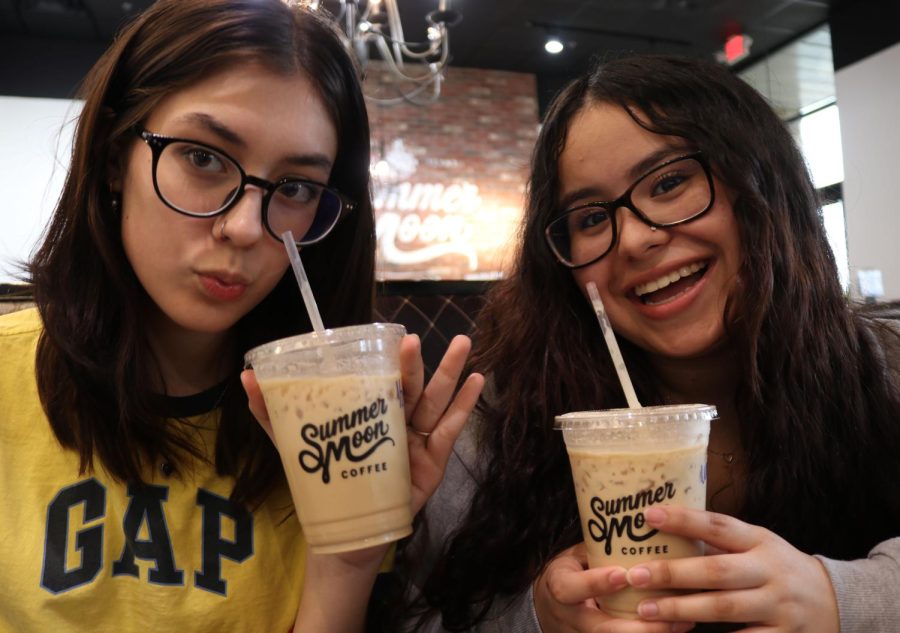
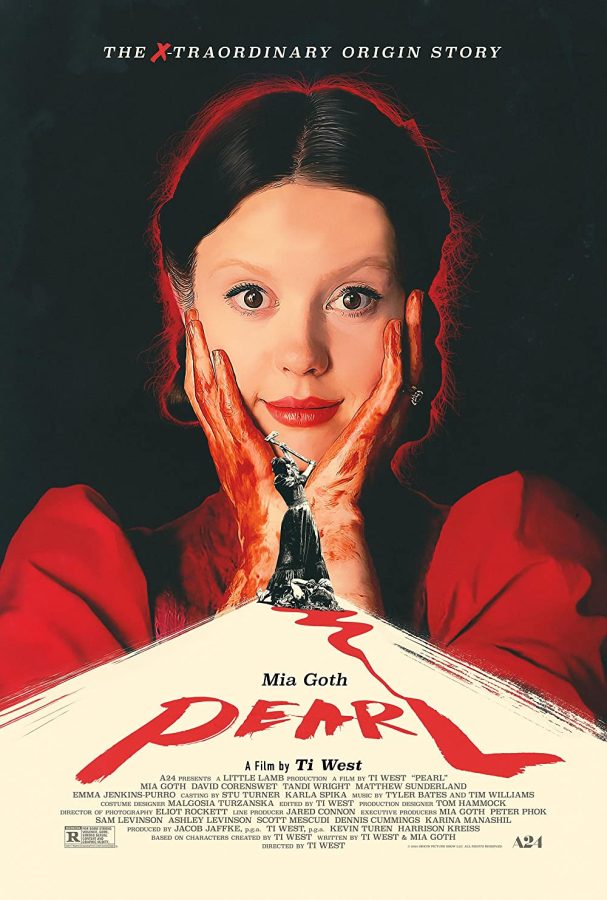

Amani • Feb 15, 2024 at 11:37 pm
Mr Thurman thanks for teaching me